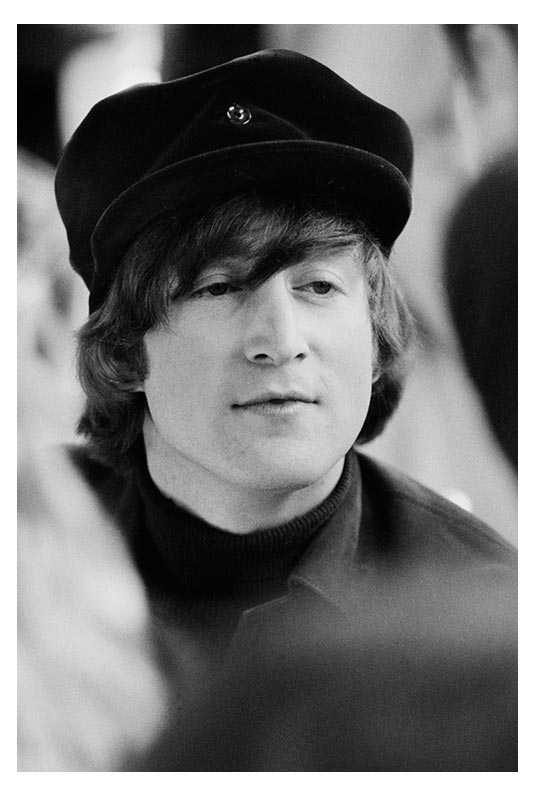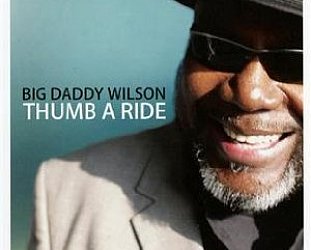Graham Reid | | 4 min read

No sooner was it announced that prestigious Stanford University in California was offering a 10 week course on Taylor Swift's song All Too Well that the internet lit up with condemnation, contempt and anger.
There were the usual bores on Facebook who thought it witty to say “Taylor who?” or “Never heard of her”.
But others bemoaned declining standards in academia or wondered how a single song could take 10 weeks to study.
Leaving aside no one says “Soren who?” about philosophy papers (even if they actually haven't heard of Soren Kierkegaard) and that few have followed the changing face of academic courses over time (too complex to go into here), let's just consider that last point: 10 weeks on a single song?
What that – and other such comments – illustrate is the shallow understanding of popular culture which many dismiss as ephemeral, and the belief that pop songs just come from nowhere and evaporate quickly.
But they don't.
Songs come from not just the artist's individual talent but are invariably part of a continuum which has informed that artist, then there is the method of the song's creation, the lyrical content and so on.
 Taylor Swift is simply a lightning rod here, an easy target for a demographic which either doesn't listen to her or, if it does, doesn't care for her work because they see her as just another young upstart in pop music.
Taylor Swift is simply a lightning rod here, an easy target for a demographic which either doesn't listen to her or, if it does, doesn't care for her work because they see her as just another young upstart in pop music.
In fact Swift was 24 when she originally wrote All Too Well and it was on her fourth critically acclaimed and enormously successful album Red.
The version being analysed at Stanford is her All Too Well (10 Minute Version) which was her re-addressing and expanding it in 2021 when she re-recorded the 2015 Red album.
For those in that older and skeptical demographic let's have a look at an earlier and perhaps more familiar and acceptable song by a 24-year old and see how you can extend a study of a song backwards and forwards.
Let's take John Lennon's Norwegian Wood (This Bird Has Flown) off the Beatles' Rubber Soul album, a song – now almost 60 years old – which most would agree is a valid example of enduring pop.
Let's start with the fact it is, at core, an acoustic folk song in the manner of Bob Dylan, because that is how Lennon's early versions of it sound.
Lennon was undeniably influenced by Dylan (the previous year he wrote You've Got To Hide Your Love Away in a similar acoustic manner) so here we could spend a lecture or two tracing the musical genre of the song back into Dylan's folk style (and of course mention Dylan's parody of it, for that you need to come to class).
 You can also project forward in Lennon's catalogue now that acoustic folk was in his armory, songs like Working Class Hero come to mind immediately.
You can also project forward in Lennon's catalogue now that acoustic folk was in his armory, songs like Working Class Hero come to mind immediately.
The dots on the page of Norwegian Wood stand close attention also, obviously.
A chief melodic feature of the song is the use of sitar, at the time an exotic Indian instrument not heard in popular music.
So there are a couple of lectures back, forwards and sideways in to the how Indian music was woven into jazz and classical music (Yehudi Menuhin recording with Ravi Shankar for example), and then – thanks to George Harrison – how raga rock became a sub-genre in pop, and the sound of the sitar was heard everywhere in folk and rock thereafter. And is even now.
You could easily spend a few lectures exploring those avenues, and also how the drone of Indian music became part of pop music. The Kinks might have actually got there first with See My Friends but there it was in the Beatles' Rain, the Velvet Underground, Donovan, Radiohead and . . .
You could also simply follow the influence of Indian music and instruments on just the Beatles' music, and that would take a couple of hours.
And we haven't even dealt with Lennon's lyrics which are slightly disguised personal experience.
Here was another early example of Lennon realising that the artist could be a valid subject for art, his emotionally naked Help! of the previous year and In My Life (also on Rubber Soul) being key examples . . . before we stroll off into how that became a preoccupation, especially when he became Yoko Ono's partner (cue The Ballad of John and Yoko).
These are simple starters for a study of just one song – rhyme scheme anyone? – which we could then also place in its social context (more liberal attitudes to sex in the mid Sixties, the trend of Scandinavian furniture) and so on.
Norwegian Wood, Oct '65, take one
So here is a single song which didn't come into being in isolation but was the nexus of a number of confluences which then also became an independent stream in itself and influenced numerous other artists in different genres.
 So Taylor Swift's 10 minute version of All Too Well?
So Taylor Swift's 10 minute version of All Too Well?
Crikey, it uses the word “patriarchy” and is five times longer than Lennon's slight Norwegian Wood.
That's 10 weeks, easy.
.
For many years I taught papers at the University of Auckland in songwriting analysis; the cultural, social and musical influence of Bob Dylan and the Beatles in the Sixties; and New Zealand popular music among others.





post a comment